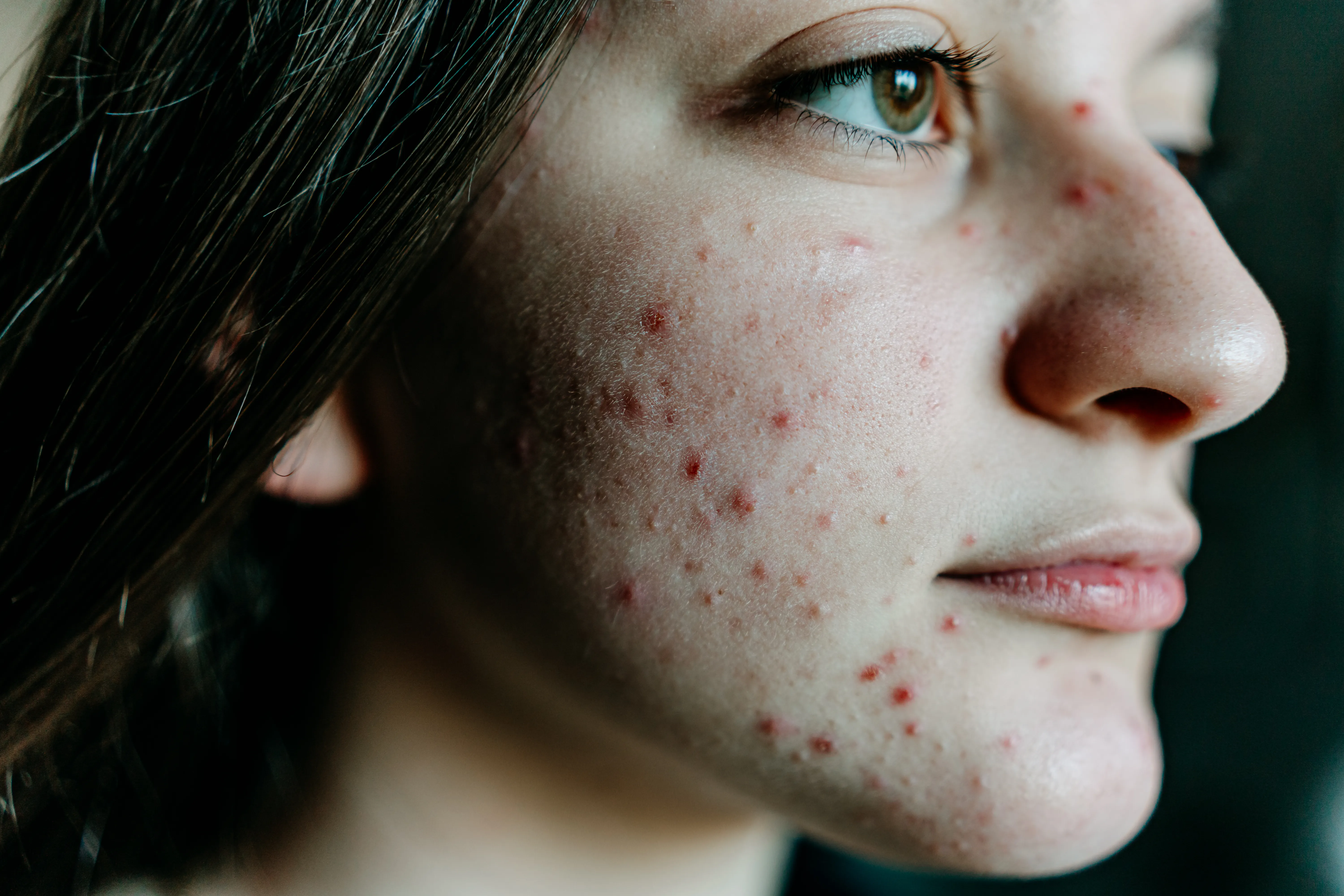How Eczema Relates to Anxiety, Depression, and Sleep Disorders

Understanding the Link Between Eczema and Mental Health
Eczema, also known as atopic dermatitis, is a chronic skin condition affecting around 16.5 million Americans. Those suffering from eczema may experience heightened levels of anxiety and depression. Studies indicate that individuals with eczema are three times more likely to develop these mental health issues, making it crucial to address the psychological impact of skin conditions.
Impact on Sleep and Daily Life
In addition to mental health concerns, eczema often leads to sleep deprivation. The condition is characterized by intensely itchy patches of skin that cause individuals to scratch, potentially resulting in infected areas and increased discomfort. This can perpetuate a vicious cycle affecting emotional wellbeing and daily functioning.
Management Strategies for Eczema and Mental Health
- Consult with a dermatologist for effective treatment options.
- Implement a consistent skincare routine to minimize flare-ups.
- Consider seeking assistance from a mental health professional.
- Explore relaxation techniques to reduce anxiety and improve sleep.
Combining physical and mental health treatment plans can greatly enhance the quality of life for those affected.
Disclaimer: The information provided on this site is for informational purposes only and is not intended as medical advice. We are not responsible for any actions taken based on the content of this site. Always consult a qualified healthcare provider for medical advice, diagnosis, and treatment. We source our news from reputable sources and provide links to the original articles. We do not endorse or assume responsibility for the accuracy of the information contained in external sources.
This article was prepared using information from open sources in accordance with the principles of Ethical Policy. The editorial team is not responsible for absolute accuracy, as it relies on data from the sources referenced.